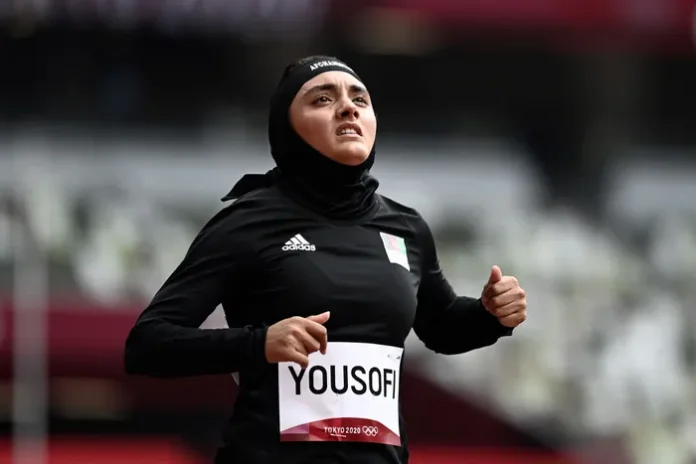France imposed a disqualification on its national team players, banning them from wearing Muslim headscarf.
The country is preparing to host the Games from 26 July to 11 August and the Paralympic Games from 28 August to 8 September. French Sports Minister Amélie Oudéa-Castéra originally announced the ban on 24 September 2023.
A few days later, Oudéa-Castéra confirmed that no woman in her country’s delegation would wear the hijab during the Paris Olympics. After the ban was announced, Marta Hurtado, the spokeswoman for the UN Office of the High Commissioner for Human Rights (OHCHR), argued that the ban was wrong.
No one should impose on a woman what she needs to wear or not wear.
On 24 May this year, Amnesty International and a number of other organisations came together to send a letter about the ban to the International Olympic Committee (IOC). It called on the IOC to publicly call on the French sports authorities to lift all restrictions on French athletes wearing the hijab at both the Paris Olympics and all sporting events.
Amnesty International also stated that the IOC had responded inadequately to the joint letter.
In its response, the IOC stated that the hijab ban in France was outside the committee’s remit and that “freedom of religion is interpreted in many different ways by different states.” Amnesty International said the hijab ban demonstrated the existence of a “discriminatory double standard” policy in the country.
The statement also said the ban showed the “discriminatory hypocrisy” of the French authorities ahead of the Paris Olympics and the “weakness” of the IOC in its response.
